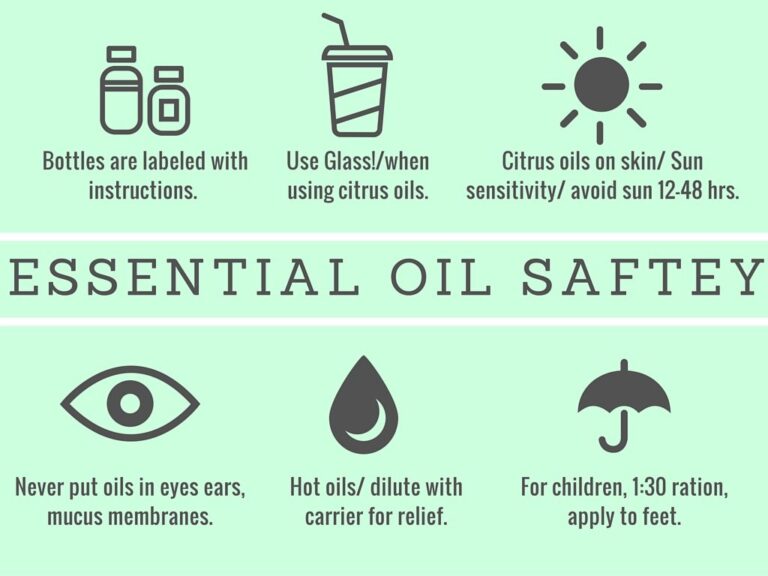Ready to try out something new, relaxing & calming? Essential oils are ubiquitous in today’s culture. Just a decade or two ago, few people had heard of the potent oils being sold by celebrities, periodicals, and even big-box merchants. Essential oils are a wonderful tool for promoting health and well-being since you can use them in loads of different ways. However, there is a great deal of conflicting data on how they should be used. Essential oils, which come from aromatic plants, are highly concentrated and should be used with care. Here is all that you should know.
7 Tips for Proper Handling and Usage
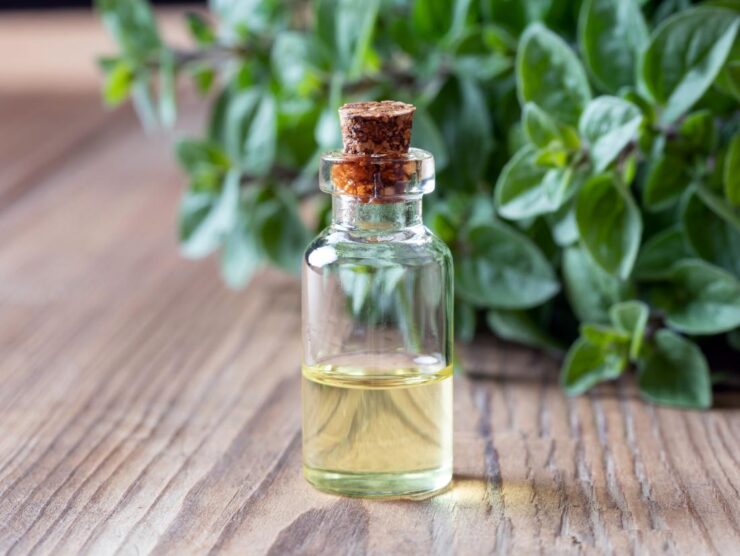
1. Know where to shop
You can’t just shop at any store that pops up online. The key is in finding a high-quality product, as well as safe ingredients. Check out Essential Oils that you can find on this site, and browse through an amazing selection. These are all 100% pure and trusted by artisan craftsmen and women throughout the UK and beyond. Enjoy a range of essential oils that are available in a range of sizes, from tester bottles all the way up to 1 and 5-liter containers. You will love all the scents as well, allowing you to enjoy refreshing & calming options any time, any place!
2. Use it for bath time – but wisely
Taking a bath after adding drops of essential oil is not a good idea. Undiluted essential oil does not combine with water and floats on the surface in tiny droplets, which is what you are about to sit on. When essential oils are “mixed” with water without a dispersing agent, there is a risk of discomfort because undiluted droplets of essential oil stick to the skin, sometimes in sensitive areas. The water warms the oils, which can’t dissipate and are therefore quite irritating. Thus, essential oils must always be extensively diluted in an appropriate base before being used to a bath. Epsom salts are a good go-to.
3. Can you use these oils on kids?
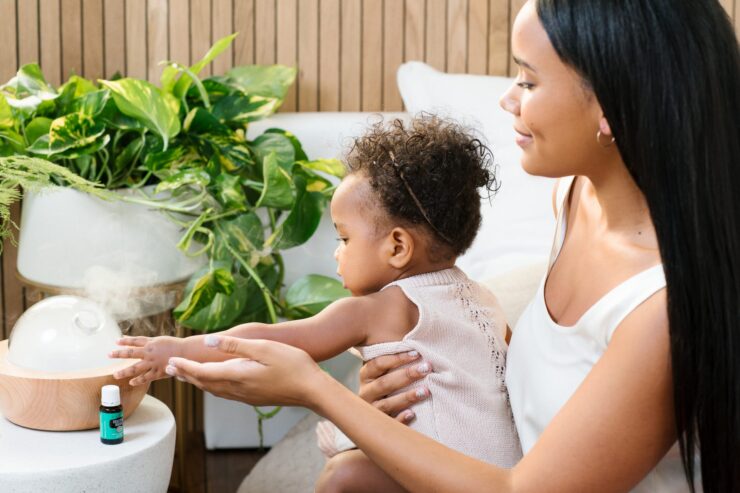
Another strongly contested issue. Infants and young children have thinner skin and less developed immunological and hepatic systems. Because of this, they are more likely to suffer from the effects of oil. Safety rules must be followed and considerable care must be taken. Always check with a medical professional before using essential oils on or near young children. After the age of two, some essential oils can be used topically or in aromatherapy, but only in much smaller dosages than adults. Between 0.5 and 2.5 percent is typically considered a safe dilution ratio. Children under the age of six should not be exposed topically to peppermint or be in the area of diffused peppermint, as two more instances of essential oil safety precautions for children.
4. Dilute them before you use them
All essential oils should be diluted with a carrier oil prior to topical use. Use a carrier oil, such as fractionated coconut oil or jojoba oil, before applying a topical to the skin. Less is more in this instance. Essential oils can be “watered down” by diluting them, although doing so actually lengthens their shelf life and increases their potency. Even when diluted, essential oils retain their effectiveness. The finest carrier oil for essential oils, in the opinion of the majority, is fractionated coconut oil. After application, it doesn’t feel greasy and spreads easily. It also dries rapidly.
5. Use a diffuser
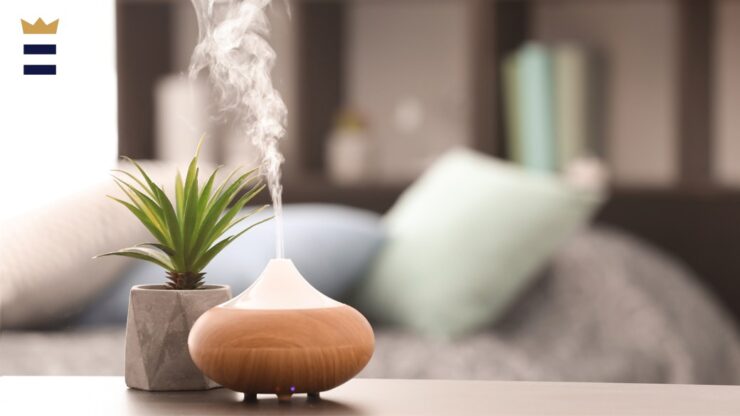
Diffusing your favorite essential oils into the air is one of the best ways to fill your immediate space with their pleasant, soothing aromas. It calms & relaxes you, so who wouldn’t want that? Diffusers can achieve this task in a number of different ways, but the core principles remain the same. If you take the time to clean and dry your diffuser after use, it will perform better. After each usage, disengage the gadget and wipe it down before storing it in a dry place. In addition, always use the diffuser in accordance with the manufacturer’s instructions. Diffusing essential oil blends is a great way to relax and unwind. You can buy blends that have already been mixed, or you can experiment with creating your own.
6. Safety tips that you should follow
Essential oils should not be ingested without a doctor’s supervision or until you’ve thoroughly investigated the potential negative effects and safe internal applications and dosages. Essential oils are produced by cold pressing or steam distilling a variety of botanicals, including lemons, oranges, grapefruits, allspice, basil, black pepper, cinnamon, clove, fennel, ginger, and rosemary. However, because essential oils are highly concentrated, they should not be consumed without first understanding the proper application and potential risks of each oil.
PS: Watch out for what not to do
For instance, don’t use outside of the instructions on the label—including applying more product or doing so more frequently than recommended. You should never ingest it either. Always read the back label and you’ll be alright!
7. Start small & apply gradually
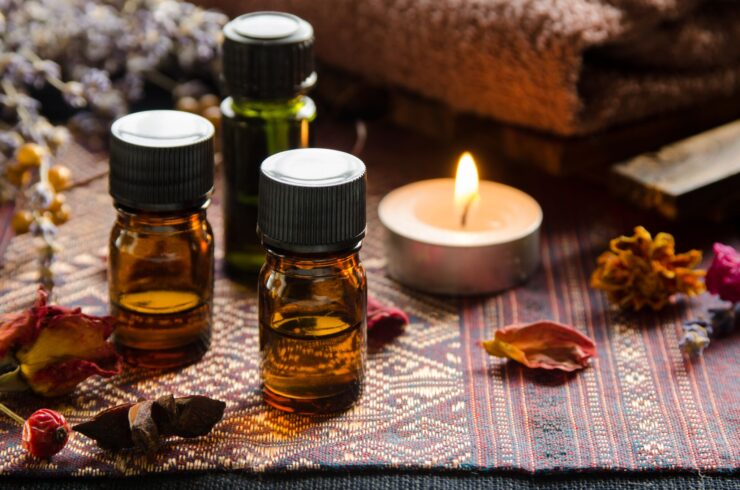
There are many therapeutic advantages to using essential oils in aromatherapy. Many people who try aromatherapy for the first time are astonished by how swiftly and profoundly it works. When using aromatherapy, it is best to ease into it. Reduce the amount of oil in the dish. You could end up making things worse. Use the minimum effective dose to get the desired effects. If you want your essential oil to have a greater effect, you should gradually increase the amount you use. It’s a good idea to keep a journal in which you record the number of drops used in each therapy. You can use this information to create your own aromatherapy cookbook.
Ready to enjoy this new, calming & soothing scent? Just follow our tips and tricks when you purchase your new favorite product. You will fall in love with the results!

